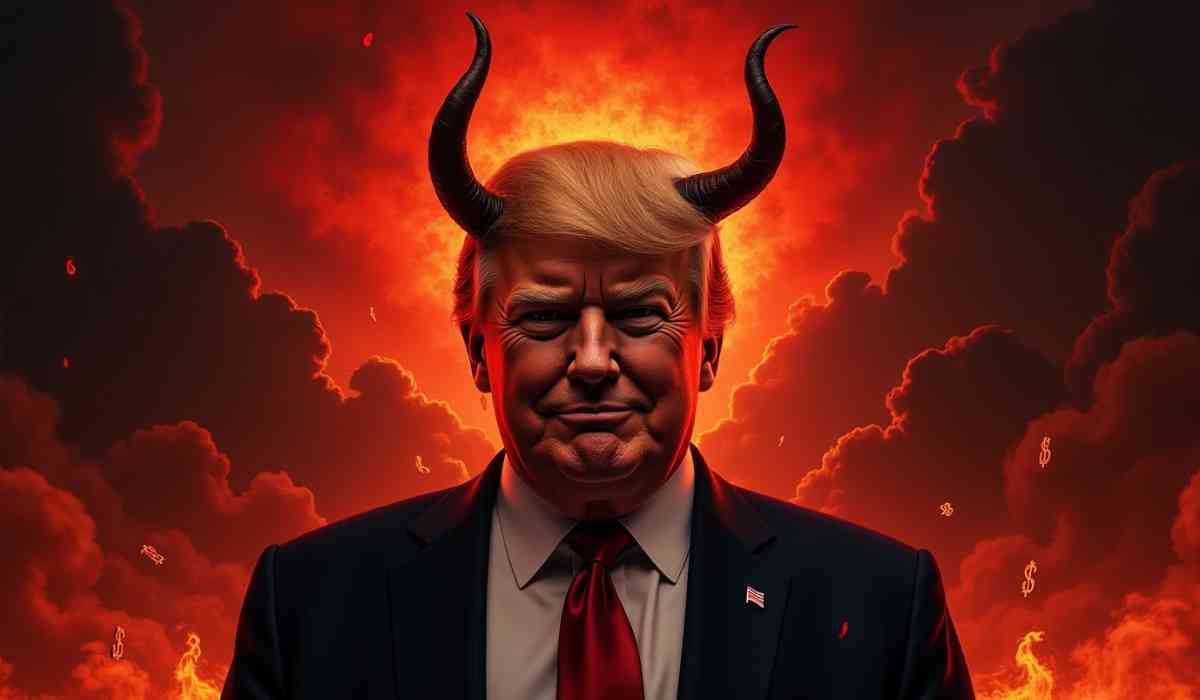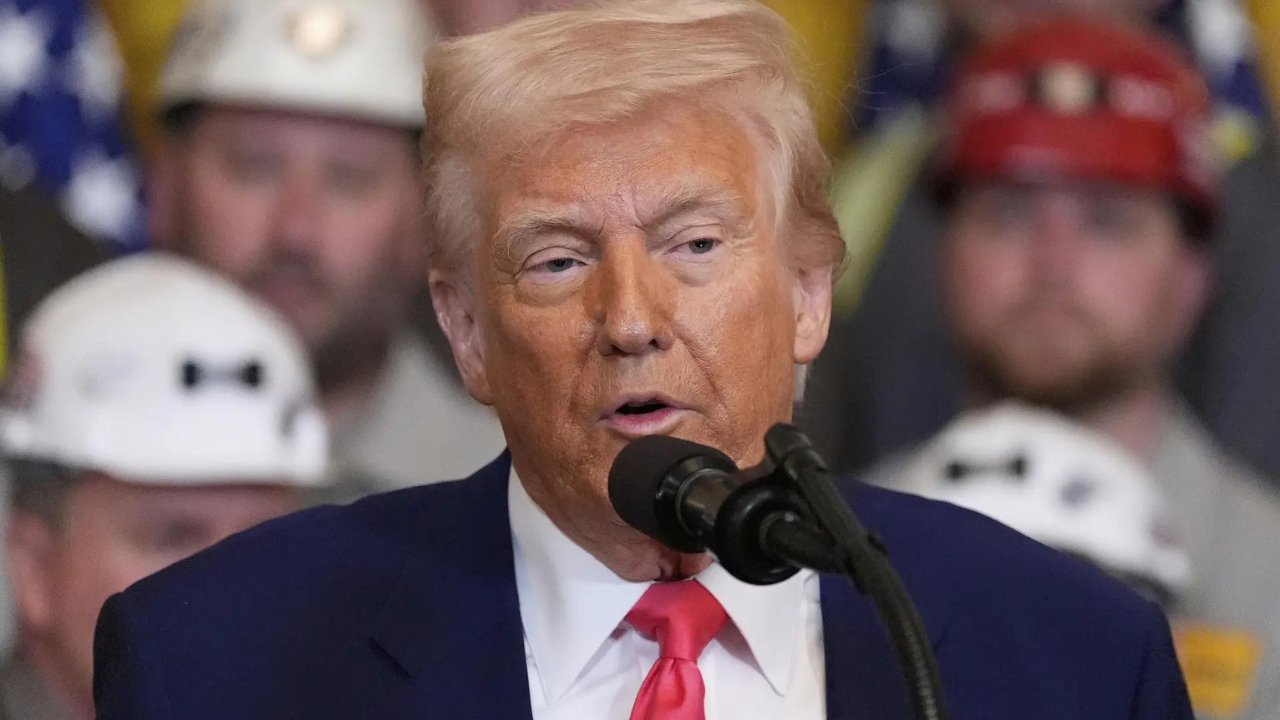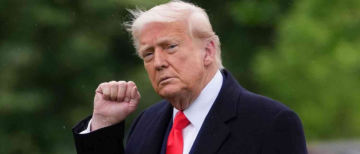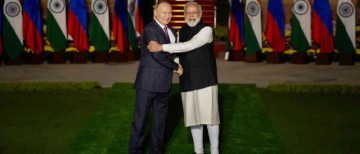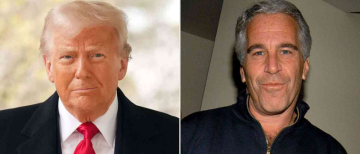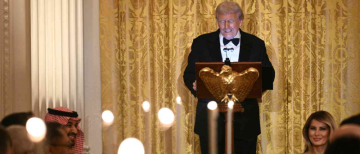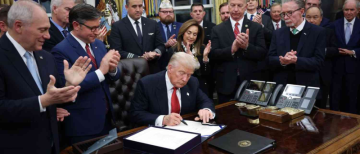In recent days, U.S. President Donald Trump has been making headlines with his aggressive tariff policies aimed at reshaping the global economy. On April 10, 2025, Trump warned businesses about the "transition costs" associated with these policies, as Wall Street stocks continued to fall due to escalating trade tensions with China. This article will delve into what these transition costs mean, how they affect businesses, and the broader implications for the global economy.
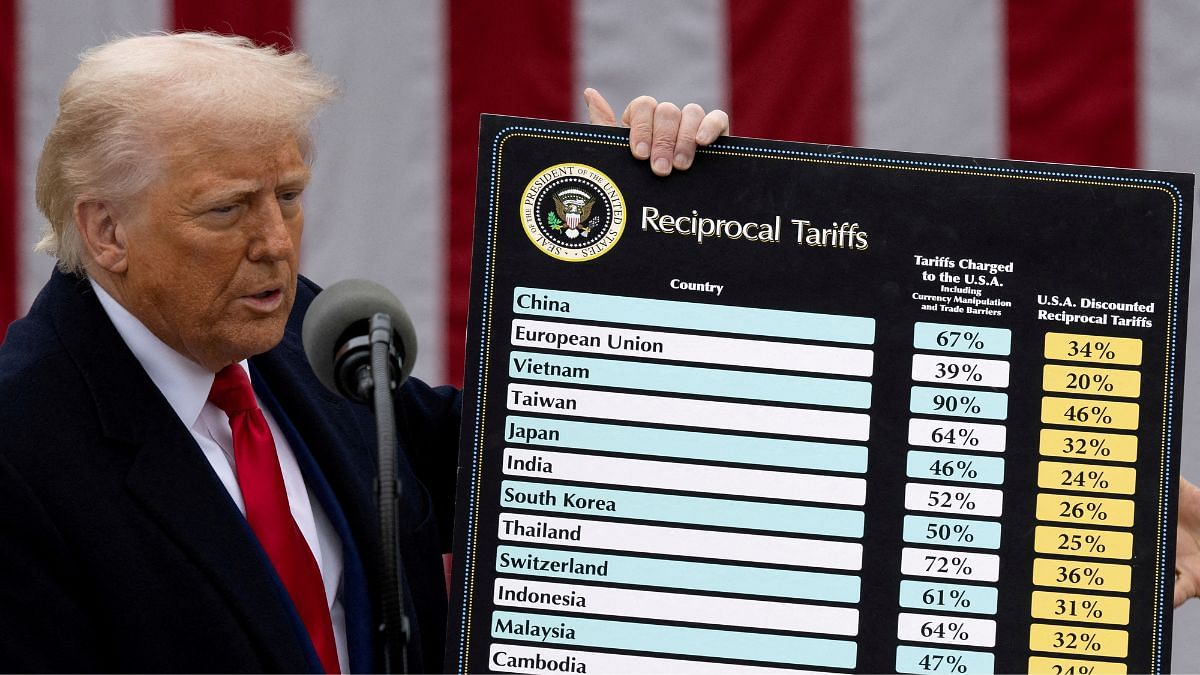
What are Tariffs?
Tariffs are taxes imposed by a country on imported goods. They can be used to protect domestic industries by making foreign products more expensive for consumers. President Trump has been using tariffs as a tool to encourage manufacturers to set up operations in the United States, aiming to boost American jobs and economic growth.
What are Transition Costs?
Transition costs refer to the expenses and challenges businesses face when adjusting to new policies or economic conditions. In the context of Trump's tariffs, these costs include the financial burdens of adapting supply chains, renegotiating contracts, and possibly relocating manufacturing facilities. These changes can be costly and time-consuming, affecting not just businesses but also consumers who may face higher prices for goods.

Trump's Tariff Policies
President Trump has been increasing tariffs on various imported goods, particularly from China. Recently, tariffs on some Chinese products reached as high as 145%, including a 20% tariff related to China's alleged role in the fentanyl supply chaina. This move is part of a broader strategy to address what the U.S. perceives as unfair trade practices by China.
Impact on Businesses
The impact of these tariffs on businesses is multifaceted:
-
Supply Chain Disruptions: Companies reliant on imports from China or other countries facing tariffs must either absorb the increased costs or pass them on to consumers. This can lead to supply chain disruptions as companies seek alternative suppliers or negotiate new contracts.
-
Increased Costs: Higher tariffs directly increase the cost of goods for businesses. This can lead to reduced profit margins unless companies can successfully pass these costs on to consumers.
-
Market Volatility: The uncertainty surrounding tariff policies can lead to market volatility, affecting investor confidence and potentially leading to stock market fluctuations.
Perspective on Transition Costs
While President Trump acknowledges that there will be transition costs and problems, he believes these are temporary and will ultimately lead to a stronger U.S. economy. However, critics argue that these costs could be significant and long-lasting, potentially harming both U.S. businesses and consumers.
Global Economic Implications
The global economy is interconnected, and U.S. tariff policies have far-reaching implications:
-
Trade Wars: The escalation of tariffs can lead to retaliatory measures from other countries, sparking trade wars that harm global trade and economic growth.
-
Consumer Prices: Higher tariffs often result in higher consumer prices, which can reduce demand and affect economic growth.
-
Economic Rebalancing: Trump's policies aim to rebalance the global economy by encouraging manufacturing in the U.S. However, this shift can be challenging and may lead to short-term economic instability.
Conclusion
President Trump's warning about transition costs highlights the complexities of implementing significant economic policies. While the goal is to strengthen the U.S. economy, the path forward is fraught with challenges. Businesses must navigate these changes carefully, and policymakers must consider the broader implications for global economic stability. As the world watches these developments unfold, it remains to be seen whether these policies will achieve their intended outcomes or lead to unintended consequences.
In the end, the success of these policies will depend on how effectively businesses and governments can manage the transition costs and adapt to the new economic landscape. Only time will tell if Trump's vision of a "beautiful thing" for the global economy will materialize.
With inputs from agencies
Image Source: Multiple agencies
© Copyright 2025. All Rights Reserved Powered by Vygr Media.

